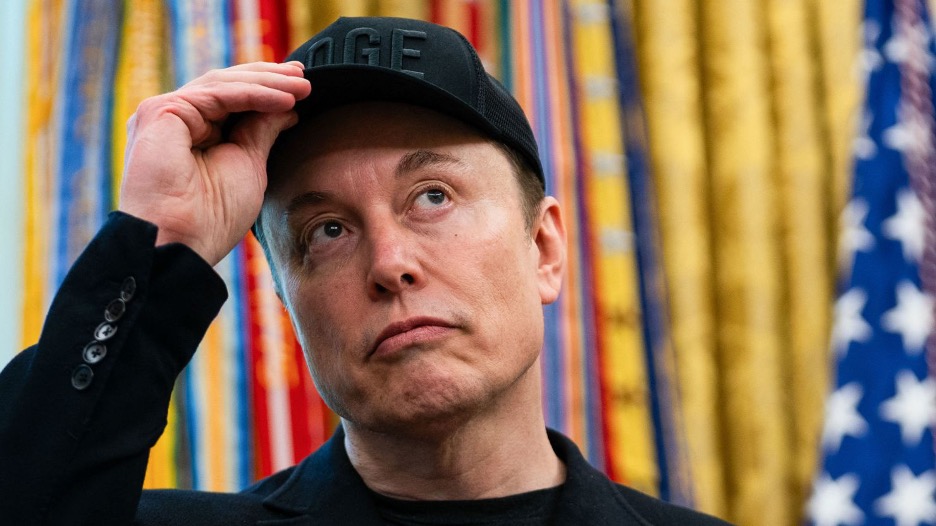As President-Elect Donald Trump prepares for his second term in the White House, speculation about his Cabinet appointments is running high. One of the most closely watched discussions centers around the position of Secretary of Defense, a key role in any presidential administration. According to sources close to the Trump transition team, the former president is considering a major shake-up in his defense leadership by replacing current Defense Secretary Pete Hegseth with Florida Governor Ron DeSantis.
This potential move would mark a significant shift in Trump’s foreign and defense policy approach and could have wide-ranging implications for U.S. military strategy, domestic politics, and the future of the Republican Party. In this article, we explore the context surrounding this reported consideration, what it means for Trump’s second term, and the possible impact on both DeSantis and Hegseth.
Who is Pete Hegseth?
Pete Hegseth, a former Army National Guard officer and conservative media personality, was considered an unconventional choice for the role of Defense Secretary when he was first appointed. Known for his outspoken views on military and defense issues, Hegseth has served as a prominent commentator on Fox News and a vocal advocate for conservative values. His selection as Secretary of Defense raised eyebrows, but it also aligned with Trump’s style of appointing figures from outside traditional political circles.
Under Hegseth’s leadership, the Department of Defense focused on modernizing the U.S. military, improving readiness, and advancing policies that emphasized national security threats, particularly from China and Russia. Hegseth has been a strong advocate for veterans’ issues and has supported a number of policies aimed at improving the lives of former military personnel. However, his leadership has not been without controversy, with some critics questioning his management style and whether he has been too focused on media appearances rather than substantive policy changes.
Who is Ron DeSantis?
Ron DeSantis, the current Governor of Florida, has emerged as one of the leading figures in the Republican Party in recent years. A former U.S. Navy attorney, DeSantis has positioned himself as a staunch conservative with a focus on economic growth, personal freedom, and strong stances on issues like COVID-19 management and immigration. His tenure as governor has been marked by his firm opposition to lockdowns during the pandemic, robust education reforms, and aggressive handling of the political battles over vaccine mandates and other public health measures.
DeSantis is also known for his strong military background. Before entering politics, he served as a Judge Advocate General (JAG) officer in the U.S. Navy, where he deployed to Iraq as part of a legal advisor team for Navy SEALs. His military service, combined with his strong political base in Florida, has made him a popular figure within the Republican Party, with many seeing him as a potential presidential candidate in the future. Given his profile, DeSantis’ name has been floated for various high-level positions in a second Trump administration, including that of Defense Secretary.
The Potential Hegseth-DeSantis Swap
According to multiple sources, President-Elect Trump is seriously considering a reshuffling of his defense team, which includes the possibility of replacing Pete Hegseth with Ron DeSantis as Secretary of Defense. While these discussions are still in the early stages, this reported move is raising eyebrows for several reasons.
1. DeSantis’ Military Experience and Political Appeal
One of the main arguments for appointing Ron DeSantis as Secretary of Defense is his military background. As a former JAG officer and veteran of the Iraq War, DeSantis has a deep understanding of military operations, which could make him a strong voice in shaping U.S. defense policy. His experience in both military service and government leadership could provide the kind of expertise needed to lead the Department of Defense, particularly in a time of increasing global uncertainty and geopolitical tensions.
DeSantis’ political appeal is also significant. As a popular governor in a crucial swing state, his appointment would provide Trump with a strong ally in the fight for conservative values, especially as the U.S. faces challenges in national security. His position as a leading figure in the Republican Party could also help to stabilize Trump’s second term, providing a counterbalance to more establishment figures who might be less aligned with Trump’s broader agenda.
2. Trump’s Desire for Stronger Leadership in Defense
Another reason Trump might consider replacing Hegseth with DeSantis is the desire for stronger leadership at the Pentagon. While Hegseth has been effective in certain areas, there have been reports that his tenure has been marked by challenges within the department. Some insiders have suggested that Hegseth’s management style may not have been as effective in dealing with the complexities of military leadership as Trump had hoped.
DeSantis, with his hands-on leadership style as governor and his military experience, could be seen as a more capable candidate to navigate the challenges the U.S. faces with adversaries like China and Russia. As the U.S. military continues to face technological and strategic challenges, having someone with a more direct understanding of military operations could be seen as a step forward for the department.
3. Political Calculation: DeSantis’ Future Presidential Aspirations
Another potential motivator for the swap is the political calculus surrounding DeSantis’ future ambitions. Many political analysts have speculated that DeSantis might run for president in 2024, challenging Trump for the Republican nomination. By positioning DeSantis in a high-profile role like Secretary of Defense, Trump could neutralize some of the threat posed by the rising political star. A position in the Cabinet would give DeSantis significant visibility on the national stage, potentially limiting his ability to establish a robust campaign for the presidency in 2024.
However, Trump’s decision to elevate DeSantis to such a significant role could also be seen as a sign of respect, acknowledging DeSantis’ political capital and military expertise. Whether Trump’s actions are meant to co-opt DeSantis or support him, the move would likely have a profound impact on the political landscape heading into the 2024 elections.
Challenges and Potential Fallout
While the idea of replacing Hegseth with DeSantis may seem appealing on paper, it is not without challenges and potential fallout. One of the primary concerns is the optics of such a move. Hegseth has been a staunch ally of Trump, and replacing him with DeSantis could be seen as a move to solidify Trump’s control over the Republican Party at the expense of a loyal supporter.
Additionally, DeSantis’ appointment could exacerbate tensions within the Republican Party, especially as Trump and DeSantis potentially gear up for a showdown in the 2024 presidential race. Critics of both figures might view this as part of a larger power struggle, potentially dividing the party and creating internal conflicts that could spill over into the general election.
Conclusion
The possibility of replacing Pete Hegseth with Ron DeSantis as Secretary of Defense reflects the broader strategic considerations facing President-Elect Trump as he prepares for his second term. With DeSantis’ military background and political appeal, he could provide the leadership and vision needed to address U.S. defense challenges in the coming years. However, the move also carries political risks, including potential fallout within the Republican Party and the prospect of a future clash between DeSantis and Trump.
As these discussions continue to unfold, all eyes will be on Trump’s Cabinet choices and how they shape his second term in office. Whether or not DeSantis ultimately takes the helm at the Pentagon, the implications of this decision will undoubtedly reverberate throughout American politics for years to come.



